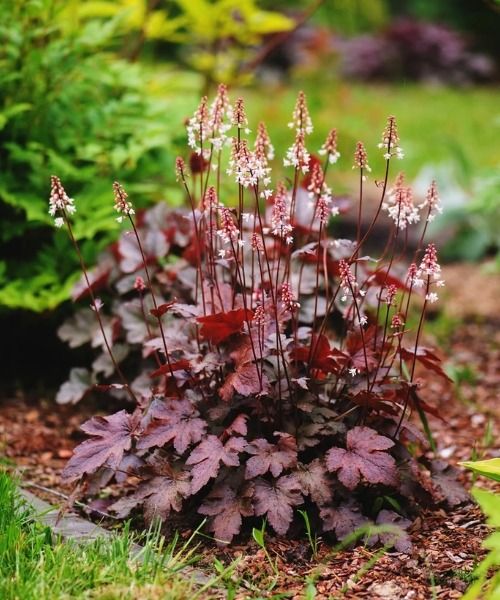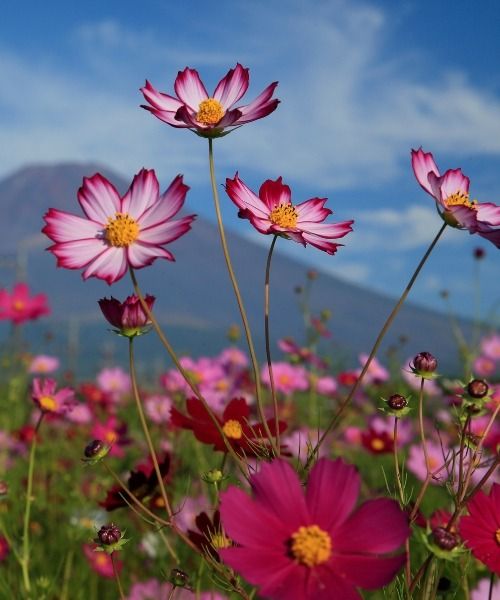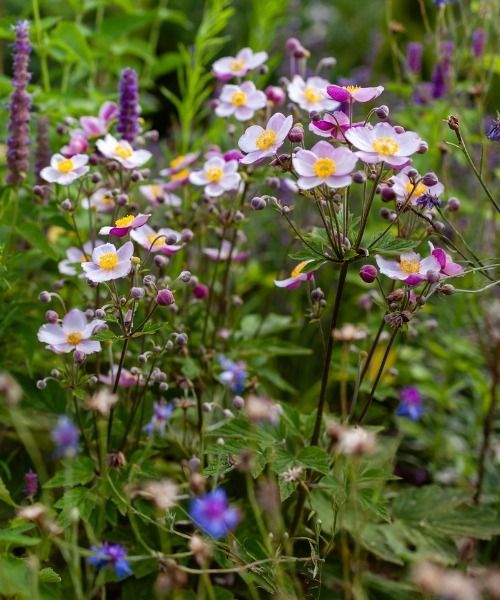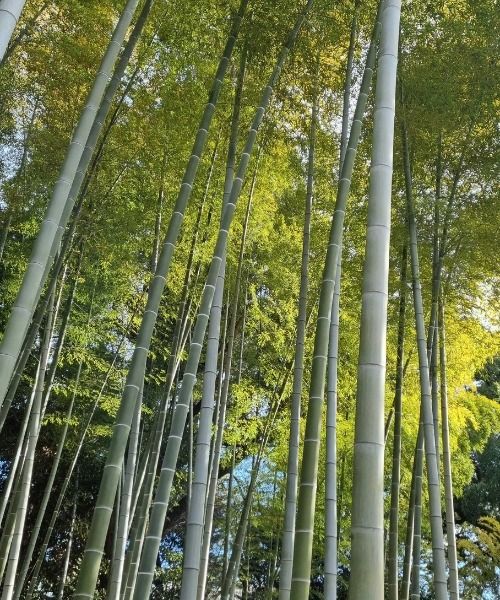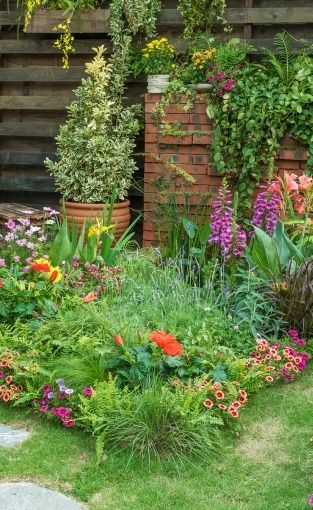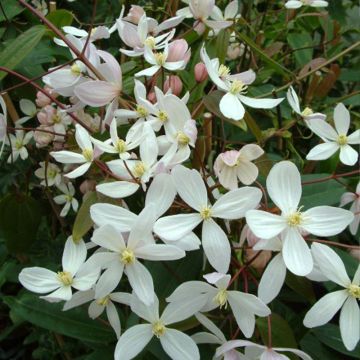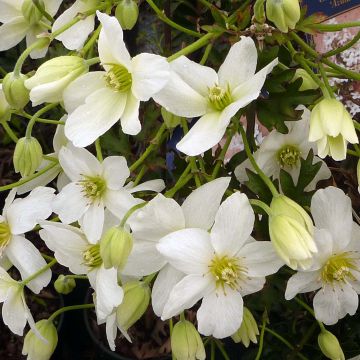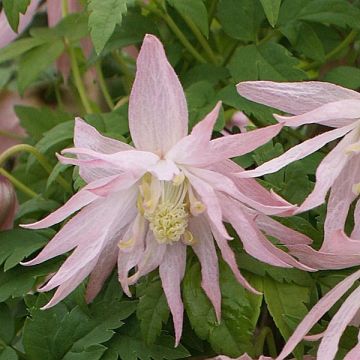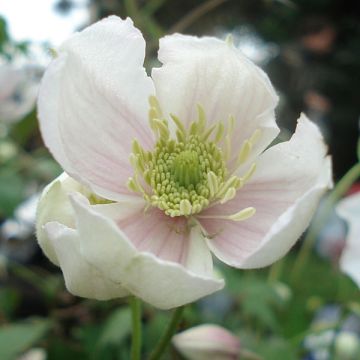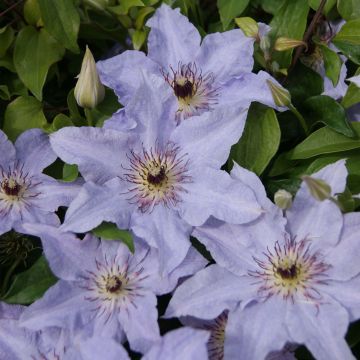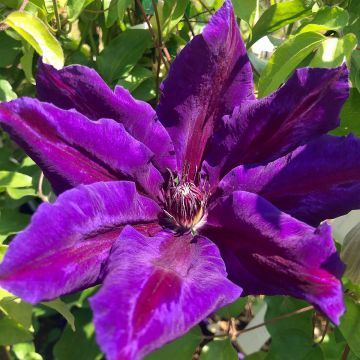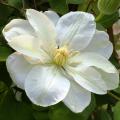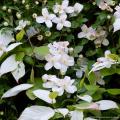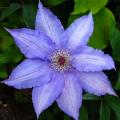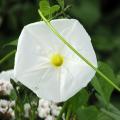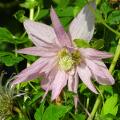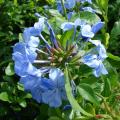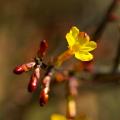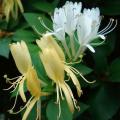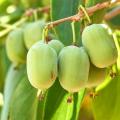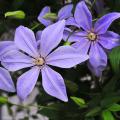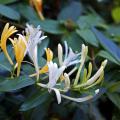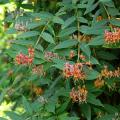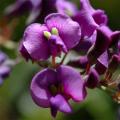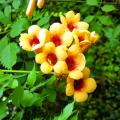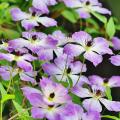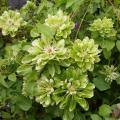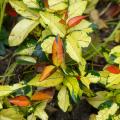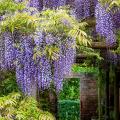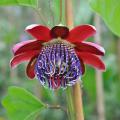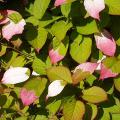Clematis, all our special offers
Does this plant fit my garden? Set up your Plantfit profile →
Available in 2 sizes
Available in 3 sizes
Available in 3 sizes
Available in 1 sizes
Available in 1 sizes
Available in 1 sizes
Available in 1 sizes
Clematis are climbing plants that often bear exceptional flowers. The Armandii Apple Blossom Clematis has white flowers with a pinkish underside, with a sweet scent of Orange Blossom and almond. Nicknamed the "Queen of Climbers", they come in various sizes ranging from 2 to 12 metres (7 to 39 feet) in height. The flowering period extends from April to October with small or large star-shaped, bell-shaped or tubular flowers, depending on the species. The latter offers a wide range of colours. Clematis thrive in well-worked, moist, fertile soils, with a preference for clay-siliceous soil. When it comes to exposure, the flowers should be in the sun and the base in the shade, but do not mulch. Place a tile or plant ground cover plants at its base. Beware of aphids, snails, and slugs! Pruning is necessary in late winter. Cut back the flowering stems to 40cm (16in) from the ground for large-flowered clematis and at the beginning of summer to 50-60cm (20-24in) from the base for early-flowering small-flowered clematis. Clematis are used to dress trellises, fences, pylons, arches, trees, bushes, and can be grown in pots on a terrace. Tip: Avoid excessive fertilisers that stimulate foliage growth at the expense of flowers.
Haven't found what you were looking for?

































